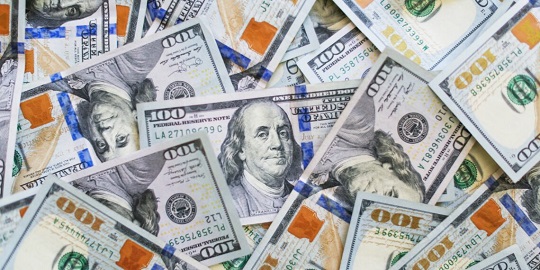The Government of Ghana is projected to need between $600 million and $800 million for external debt service in 2024.
Of this amount, approximately $477 million will be allocated for Eurobond debt service.
According to IC Africa Research, the cash flow on restructured Eurobonds indicates the resumption of debt service from July 2024.
IC Africa Research highlighted that multilateral debt service, which was not included in the debt restructuring, contributes to the total estimated requirement of $600 million to $800 million for 2024.
These figures do not account for the $1.6 billion in legacy arrears owed to Independent Power Producers, of which only $400 million has been paid.
The cash flow forecast predicts an increase in debt service obligations between 2026 and 2030, with Eurobond payments peaking at $1.4 billion and then decreasing to $1.1 billion.
As of April 2024, Ghana’s forex reserves stood at $4.3 billion, equating to 2.0 months of import cover.
IC Africa Research believes that these reserves are being accumulated in preparation for resuming external debt service rather than supporting the foreign exchange market, leading to a cautious outlook for the Ghanaian cedi due to limited foreign exchange inflows.
Regarding the secondary market, IC Africa Research sees limited potential for significant price increases in Ghanaian Eurobonds, given the deeper haircuts and reduced coupon rates imposed by the restructuring.
Although there was an initial price gain of 3.8% by mid-June 2024, the new terms are expected to limit future price increases to a range of 5% to 7%.
Norvanreports





